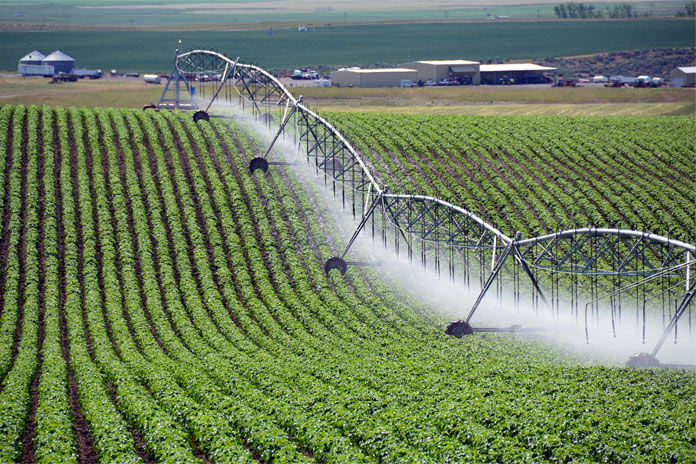Agricultural Water Management Engineering (in English MA/MSc) - Institute of Environmental Sciences
Agricultural Water Management Engineering (in English MA/MSc)
Agricultural Water Management Engineering (in English MA/MSc)
Last modified: 30. January 2024
Objective of the Program:
The aim of the program is to train agricultural water management engineers who, equipped with the knowledge gained during the master's program, are capable of creatively applying the toolset of sustainable integrated water management within the field of agricultural water management. With their qualifications, they can collaborate at a high level in solving domestic and international tasks related to their field. They are prepared for roles in design, development, research, and leadership. The program also prepares them for further studies in doctoral programs.
The aim of the program is to train agricultural water management engineers who, equipped with the knowledge gained during the master's program, are capable of creatively applying the toolset of sustainable integrated water management within the field of agricultural water management. With their qualifications, they can collaborate at a high level in solving domestic and international tasks related to their field. They are prepared for roles in design, development, research, and leadership. The program also prepares them for further studies in doctoral programs.

Agricultural Water Management Engineer:
a) Knowledge:
- Possesses advanced scientific, technical, and relevant health-related knowledge necessary for the cultivation of the agricultural water management field.
- Familiar with the latest agricultural water management technologies, their applicability, and legal regulations.
- In-depth understanding of the specifics of agricultural water management and the processes involved, recognizing the relationships between them.
- Knowledgeable about the latest agricultural water management technologies and sustainable water resource management IT solutions.
- Detailed knowledge, both nationally and internationally, of the planning, implementation, and execution methods, rules, and related characteristics of the agricultural water management activity system.
- Familiar with the peculiarities of team and project work, equipped with leadership skills.
- Knowledgeable about various levels of management functions, evaluation methods, and conflict resolution techniques.
- Proficient in general and applied psychological knowledge applicable to management theory in the agricultural sector.
- Recognizes factors limiting the efficiency of economic systems with detailed knowledge of their field and closely related areas (natural sciences, economics, law).
- Understands the relationship between the economy, society, and the agricultural sector.
- Acknowledges the strategic role of R&D in agricultural economics, knows specific research methods, abstraction techniques, and practical aspects of addressing theoretical questions.
- Proficient in effective verbal, written, and network communication methods and tools.
- Understands and interprets the specific terminology of their field in both Hungarian and at least one foreign language.
- Possesses broad general knowledge, including socio-agrarian history, technical knowledge, and understanding.
Characteristics of the Master's Program:
Professional Features:
- Natural science knowledge (applied hydrology, climatology, hydrobiology, water chemistry): 10-15 credits.
- Agricultural knowledge (irrigation management, precision agriculture, hydroponic systems, drought management, soil physics, land planning and land consolidation, coastal zone management): 20-30 credits.
- Water management knowledge (integrated water management, inland water management, agricultural water supply systems, agricultural water management information systems, management and utilization of aquatic habitats, land improvement, hydraulics, agricultural water management monitoring): 25-35 credits.
- Technical knowledge (hydrological GIS and remote sensing, planning and implementation of agricultural water management): 6-10 credits.
- Economic and social science knowledge (hydroeconomics, water policy, and water law): 6-10 credits.

Program Details:
- Duration: 4 semesters
- Mode of Study: Full-time state-funded, full-time self-financed
- Language of Instruction: Hungarian, English
- Optional Specializations: None specified
- Professional Practice: Not specified
- Graduation Requirements: Comprehensive examination, successful state exam, defended thesis
Admission procedure: Felvi.hu

